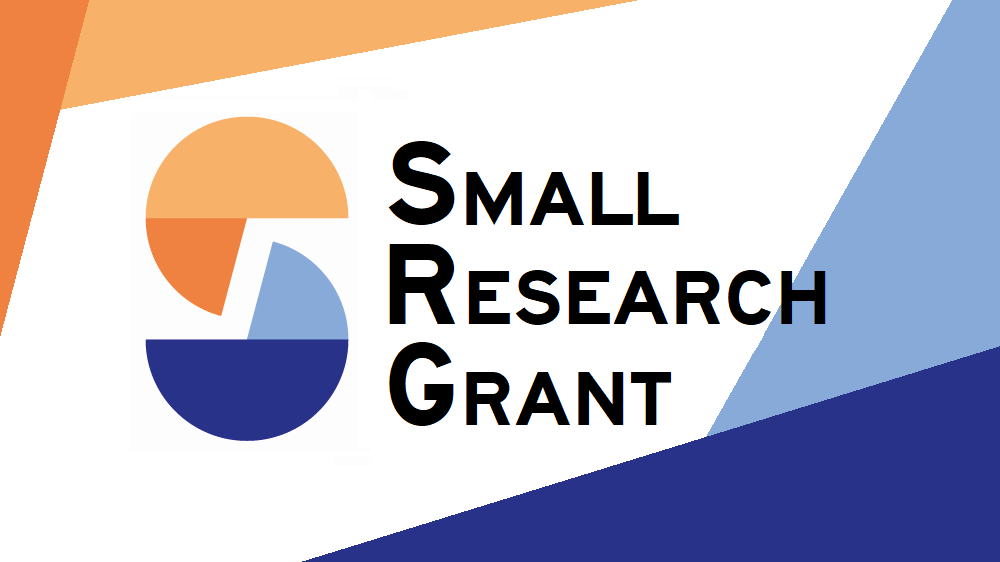Productivity differences are large, both across and within countries. A substantial body of literature has suggested that resource misallocation accounts for a large fraction of this productivity dispersion (Restuccia and Rogerson, 2008; Hsieh and Klenow, 2009). However, while most of these studies have focused on the issues of how labour and capital might be misallocated across firms, relatively less attention has been devoted to the analysis of social and cultural norms as drivers of resource misallocation across firms, sectors, and countries (Restuccia and Rogerson, 2017; Hsieh et al., 2019). The aim of this project is to quantify the effects of one such norm, the gender norm, on aggregate productivity. More specifically, it explores the hypothesis that the gender of the entrepreneur instead of the productivity of individuals determines the way in which resources are allocated in the economy. Besides equity concerns, gender inequalities may profoundly shape economic outcomes and ultimately hinder growth.
The main source of data is original coffee farmers’ surveys conducted in fourteen coffee-producing countries from 2018-2019 to 2021-2022. These surveys provide detailed geo-referenced information on farmgate prices, quantities, inputs, farm size, the gender of the owner, and a large array of managerial and technical practices. The researchers are thus able to compare gender gaps in the same industry across three continents over several years. These data have been complemented with other geo-coded datasets, such as the Ethnographic Atlas and the FAO-GAEZ database, to first analyse whether and how women select into coffee production. To this aim, the researchers run a selection model in which the productivity of a farmer is a function of both the gender of the owner and the outside option, and it is specific to places in which different norms prevail (Olivetti and Petrongolo, 2008; Ashraf et al., 2021). Secondly, they structurally estimate a model to back out the distribution of men’s and women’s abilities in the sector and quantify misallocation. To do so, they use variation in productivities and norms across ethnic groups within countries.
This project is of high interest to a wide range of policymakers, from Ministries of Agriculture, Trade to Export Boards. On the one side, it aims at fostering the cooperation of public agencies for empowerment and gender equality. On the other, given that coffee is almost exclusively exported and handled by a limited number of large international companies, the project could help raise awareness around the need for private programs and sustainable supply chain policies to benefit and empower women. For this purpose, the project and the arrangements to present the policy recommendations have already been discussed with the Ugandan and Rwandan local authorities and the World Coffee Research.

























































